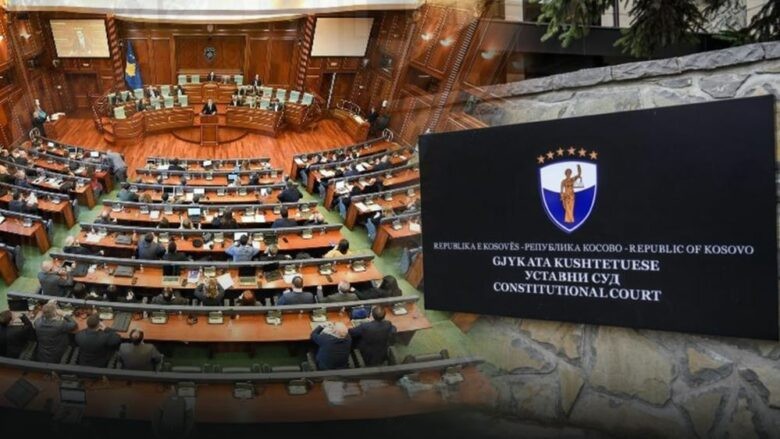Kosovo is facing a deepening political crisis as the Assembly remains unconstituted, with no immediate solution in sight.
Political analyst Melazim Koci told Telegrafi that the deadlock stems from the lack of a parliamentary majority and a constitutional gap in Article 67, which does not provide guidance when the leading party fails to secure a majority to elect the Assembly Speaker.
“Kosovo has a parliament where neither the current ruling party nor the opposition holds a majority. Combined with the silence in Article 67, it is clear we face a crisis that will be difficult to overcome,” Koci said.
He stressed that the 30-day period envisaged for constituting the Assembly may not resolve the deadlock. According to Koci, the long-term solution requires a broad political agreement to amend the Constitution and possibly call for new parliamentary elections.
Koci proposed that the amendment should allow the second-largest party or coalition to elect the Assembly Speaker if the leading party fails to do so within 15 days. If this still does not produce a majority, new elections would be necessary. However, for this solution to work, the Assembly must first be constituted, which is currently impossible due to the stalemate.
The analyst also highlighted the limited role of the Constitutional Court, explaining that interpreting the law beyond its mandate would effectively amount to rewriting the Constitution, which the Court cannot do.
“The Constitutional Court is in a very difficult position: either rewrite the Constitution, which it should not, or confirm that the issue can only be resolved through constitutional amendments, which it cannot implement itself,” Koci concluded.
The Constitutional Court previously ruled that the Assembly must be constituted within 30 days, the Speaker elected by open vote, and no candidate can be voted on more than three times. The countdown for this period begins once the ruling is officially published in the Official Gazette, which has not yet occurred.







